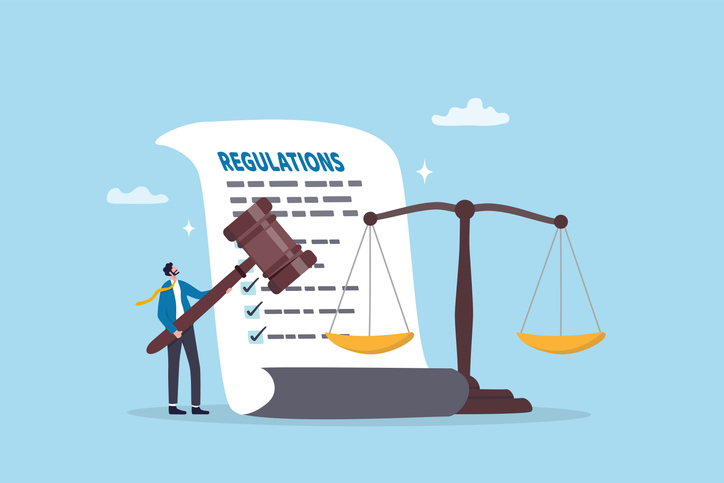You have a duty to manage all hazardous waste that is produced by your firm, whether you’re a large or a small business.
A failure to meet this requirement could result in harm to both human health and the environment.
Firstly, let’s clarify what forms hazardous waste can take. It can be anything solid, liquid, sludge or gaseous that has the potential to cause harm.
It can be a problem in its own right, but it can also contaminate surfaces and groundwater supplies. As a result, the government has issued strict guidelines for the monitoring and execution of a proper hazardous waste management system within businesses.
Richard Walker of Reconomy, an eight-yard skip hire provider, explores these guidelines in more depth.
Types of waste
If you produce or store hazardous waste, in the government’s eyes, you are responsible for its care and monitoring. This means you need to be aware of the type of waste and be able to identify its needs.
“Waste is classed as hazardous if it is harmful to either humans or the environment”
Waste is classed as hazardous if it is harmful to either humans or the environment. Some common examples of hazardous waste include:
- Pesticides
- Asbestos
- Batteries
- Equipment with ozone depleting substances, like fridges
- Oils
- Solvents
- Chemicals like brake fluid and printer toner
Substances such as the above should be separated from any other waste your business creates. This is because it could contaminate general waste, as well as needing specialist handling of its own.
How to store waste
Ideally, you will not need to store a vast amount of waste. You should be seeking ways to limit the amount of waste your company produces, particularly hazardous waste. But for the waste that can’t be avoided, we can separate them into four sub-categories:
- Agriculture
- Construction
- Demolition
- Industry
Any hazardous waste should be stored in a secure manner that prevents any of the waste leaking or escaping. All hazardous waste needs to be labelled so that it is clear to anyone on-site that the contained waste is harmful.
To prevent contamination, waterproof covers are a must, as these will stop hazardous waste being washed across the floor and seeping into other areas.
Keep each type of hazardous waste separately stored; liquids should be secured with a bund or barrier as a defence against any leaks or spills. Check the containers regularly for any signs of damage or risk to employees or the environment.
Also, keep a record of the hazardous waste you have on-site with a classified inventory. Should any incident occur, such records can be vital for the emergency services to refer to in order to handle the situation.
Maintaining records
If your hazardous waste is being collected, ensure you complete a consignment note. This should be done prior to the waste leaving your facility.
You need a consignment note for:
- Moving waste between two premises within the same business
- Collections from registered waste carrier businesses
- In the event another business has produced waste on-site, movements from customer premises
You do not need a consignment note for:
- Moving domestic hazardous waste (excluding asbestos)
- Waste that has been exported or imported under international waste shipment controls and needs a different note
Descriptions for hazardous waste
When filling out a consignment note, you needed to fill in details regarding the waste. This is so that the approved waste handlers can safely remove the contents.
Waste description
Write a full description of each type of waste you require to be removed.

Quantity
Fill in the total weight (in kilos) of the hazardous waste. Liquids should be converted to the appropriate volumes of measurement.
Chemical components
Identify chemical and biological compositions of the waste you need removing.
Physical form
State if the waste is gas, liquid, solid, powder, sludge or mixed.
With the consignment note filled in, you will finally need to pay for it. The cost is £10 for a single collection in England and Wales. If the collection is part of multiple collections (a milk round), then each note is £5. For Scotland and Northern Ireland, the cost is £15 per note.
See also: Ten tips to reduce waste





